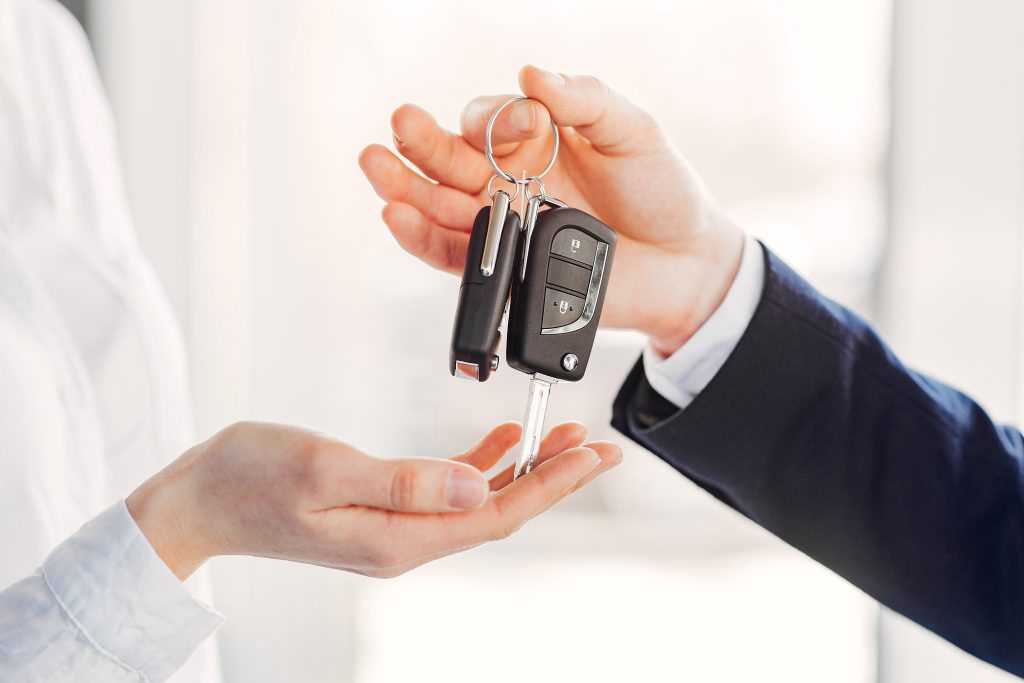Luxury sports cars and cryptocurrency naturally share a market among wealthy, status-conscious individuals. Ferrari is capitalizing on that connection by announcing it will accept bitcoin and other cryptocurrencies at its European dealerships starting this month.
The Italian automaker began accepting bitcoin and crypto payments at its U.S. dealers last year. But Europe, the Middle East, and Africa remain its largest market, with more than 1,500 cars sold there in Q1 2024, compared to just under 1,000 in the Americas. Ferrari plans to expand the bitcoin payment option to all of its dealers worldwide by the end of this year.
In Europe, as in the U.S., Ferrari is partnering with bitcoin payments processor BitPay to process the payments. In addition to providing technical expertise, BitPay helps insulate the carmaker’s dealers from crypto pricing uncertainty. When a customer buys a Ferrari using bitcoin, BitPay instantly converts it to traditional fiat currency to eliminate any volatility.
The expansion into Europe indicates that Ferrari views the U.S. bitcoin payment initiative as a success. Enrico Galliera, Chief Marketing and Commercial Officer at Ferrari, mentioned last year that the order books were full into 2025.
Galliera also said at the time that the company’s decision to accept crypto was influenced by Ferrari’s dealers, as well as potential purchasers. “Some are young investors who have built their fortunes around cryptocurrencies,” he said. “Some others are more traditional investors who want to diversify their portfolios.”
Crypto and Luxury Brands
Ferrari isn’t the first luxury brand to embrace crypto. Gucci, TAG Heuer, and Balenciaga have all announced they would accept cryptocurrency payments.
It’s also not the first luxury carmaker to explore this area. Tesla, one of Ferrari’s rivals, announced in 2021 that it would start accepting bitcoin as payment for its electric cars and even invested more than $2 billion worth of bitcoin to facilitate the payments.
However, Tesla reversed that decision within a few months, citing concerns about the climate impact of energy-intensive bitcoin mining. This past May, Tesla announced that it would start accepting the less popular dogecoin for Tesla-related merchandise, although not for purchasing its cars. On the other hand, consumers are able to buy a Ferrari with dogecoin.
